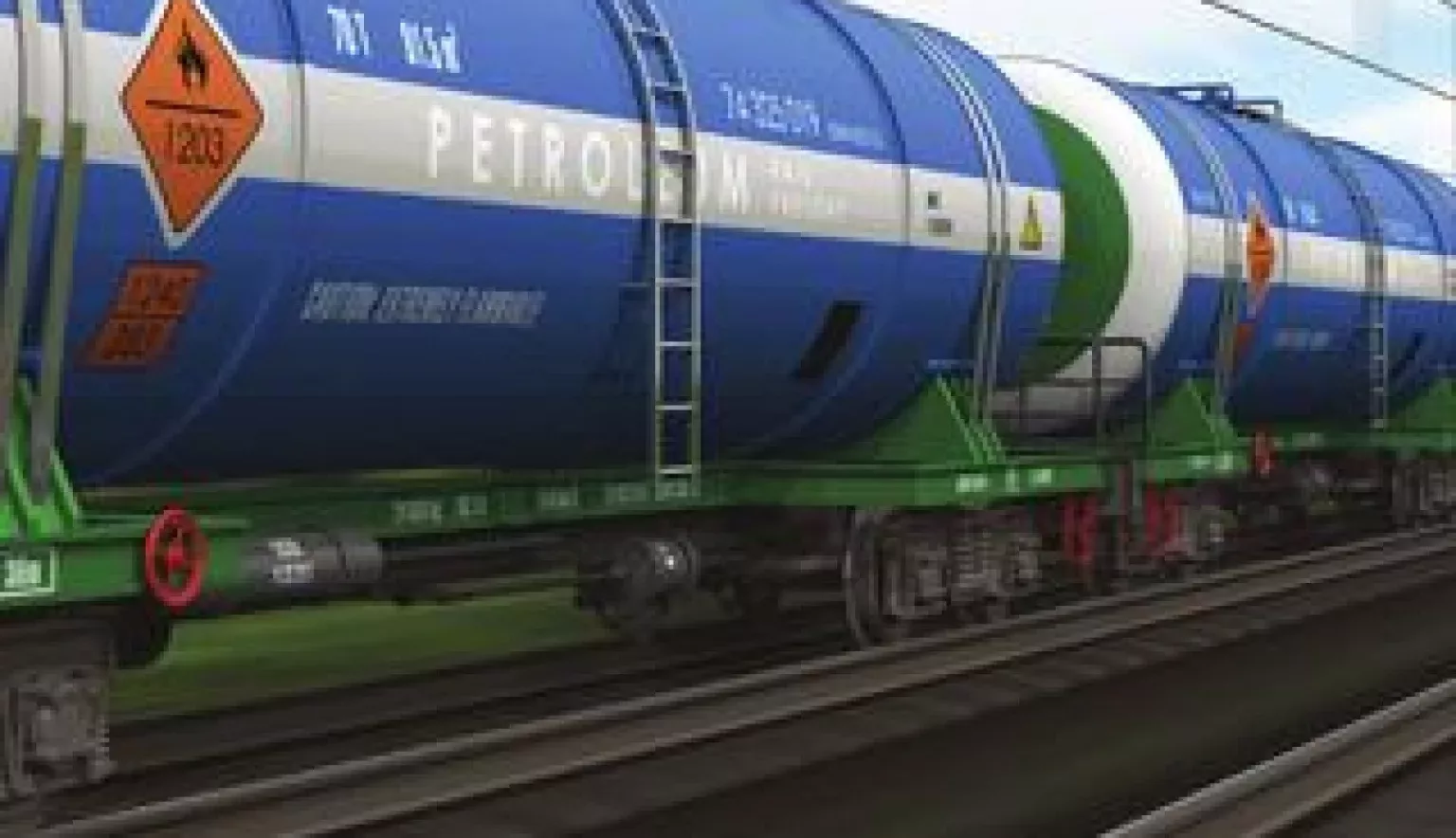As a result of strong client relationships, employee empowerment and forward planning, Camel Fuels is on course to becoming one of Southern Africa’s leading energy trading companies.
LIQUID LOGISTICS
Established just over five years ago in 2009, Camel Fuels is an oil and gas trading company that focuses on East Africa and the 15 member states of SADC (Southern African Development Community). In addition to sourcing and trading these commodities, Camel Fuels also physically distributes products throughout sub-Saharan Africa. The company concentrates its efforts on niche markets such as wholesalers within the region, independent power producers and large consumers of petroleum such as mines. All the while, Camel Fuels remains committed to unwavering integrity, service excellence, open communication and solution orientation when it comes to dealing with clients and suppliers alike.
COMPETITIVE ADVANTAGE
Camel Fuels’ Director Matthew Costello has a clear and concise vision of how the company intends to achieve its target of becoming a recognised and leading petroleum trading brand in Africa. “We understand the particular challenges that the region brings from a logistics and supplier point of view,” he states. “We listen to and understand client requirements clearly and build up long term relationships.” This is in addition to “a high level of service combined with ever-competitive rates,” according to Costello.
This assured and assertive approach has been boosted by various developments that have taken place over the course of 2013, including new business relationships and various capital investments. “We are involved in the development of storage assets in South Africa, Namibia and Zimbabwe,” reveals Costello. “These are strategic for us in order to get closer to our clients and broaden our reach, specifically in LPG. “We have also established a number of key supplier and client relationships with major oil companies in South Africa as well as large international suppliers. These relationships will fuel our growth and prospects for 2014.”
MOVING WITH THE TIMES
Although it is fair to say there are a number of industries that constantly change and evolve, the oil and gas industry has to continually deal with legislation relating to fuel, its environmental impact and future shortages. However, Camel Fuels acknowledges these obstacles and intends to be fully prepared for whatever lies ahead. “The upcoming challenge we are going to see, from a fuel point of view, is looking forward to 2016, where we will see the Euro V specification of fuel coming to South Africa,” cites Costello. “This is an ultra-low sulphur product, which is an environmentally friendlier advancement. “There are a lot of rules and regulations surrounding this, but we are busy positioning ourselves with clients and storage facilities to be ahead of the curve as a market leader adapting to these changes.”
From a sustainability point of view, one of the most promising developments has been the uptake of liquid petroleum gas (LPG), another product that Camel Fuels has been busy accommodating recently. “The biggest thing we have seen around environmentally friendly use of energy is the increase of LPG within the SADC region,” notes Costello. “With the price of electricity putting pressure on the consumer, not just in South Africa but the whole SADC region, we are seeing more people move from traditional forms of energy to LPG for things like cooking, hot water and heating. This is encouraging because it is safer, cleaner and more environmentally friendly too. “In anticipation of the continued increase in consumption, we have formed strategic relationships with international traders of LPG as well as storage facility owners and operators to be prepared for large-scale imports in Southern Africa.”
THE IMPORTANCE OF PEOPLE
Even though Camel Fuels employs a lean workforce, Costello acknowledges just how crucial people are to the organisation. “We are firmly committed to developing our people,” he notes. “We streamline the business to develop internal employees and give them the skills to trade.” When it comes to recruiting new personnel, Camel Fuels will be operating in accordance with its B-BBEE accreditation. Thankfully, this empowerment initiative corresponds with Camel Fuels’ own principals according to Costello.
He explains: “We are looking to develop middle-level traders as well as other positions in logistics and clearing. All of these candidates will be black females, which is in line with the newly published B-BBEE codes of good practice. “We are very committed to B-BBEE, which is bridging a gap between the formerly disadvantaged to meaningfully participate in our economy. As a company, we are completely aligned with these principals. When we bring people in, we empower and develop them as much as we can.”
THE YEAR AHEAD
Following on from a busy 2013, Costello is confident of another successful year for Camel Fuels thanks to numerous projects and activities on the horizon. “For us, 2014 is going to be an exciting year,” he says. “We have a number of new clients we will start supplying in East Africa, along the wholesale route as well as direct to mines and independent power producers, which is very exciting for us.” Although Camel Fuels has traditionally focused its attention on oil and gas trading, the company is continuing to expand its physical product portfolio, which will be made possible by new storage facilities. “We are focused on petroleum storage in South Africa, with projects starting in the first quarter of this year and coming to fruition at the end of 2015,” Costello asserts. “We will then have our own storage capabilities to bring goods directly into this market and have an impact on the SA fuel landscape.
Looking beyond 2014, Camel Fuels’ long-term targets remain the same. “In five years time, I think we will see a very strong and robust importer and trader of petroleum products as well as speciality solvents. I think we will achieve our goal as a leading African brand and also reach the level where we are respected on a global stage,” Costello concludes.






























